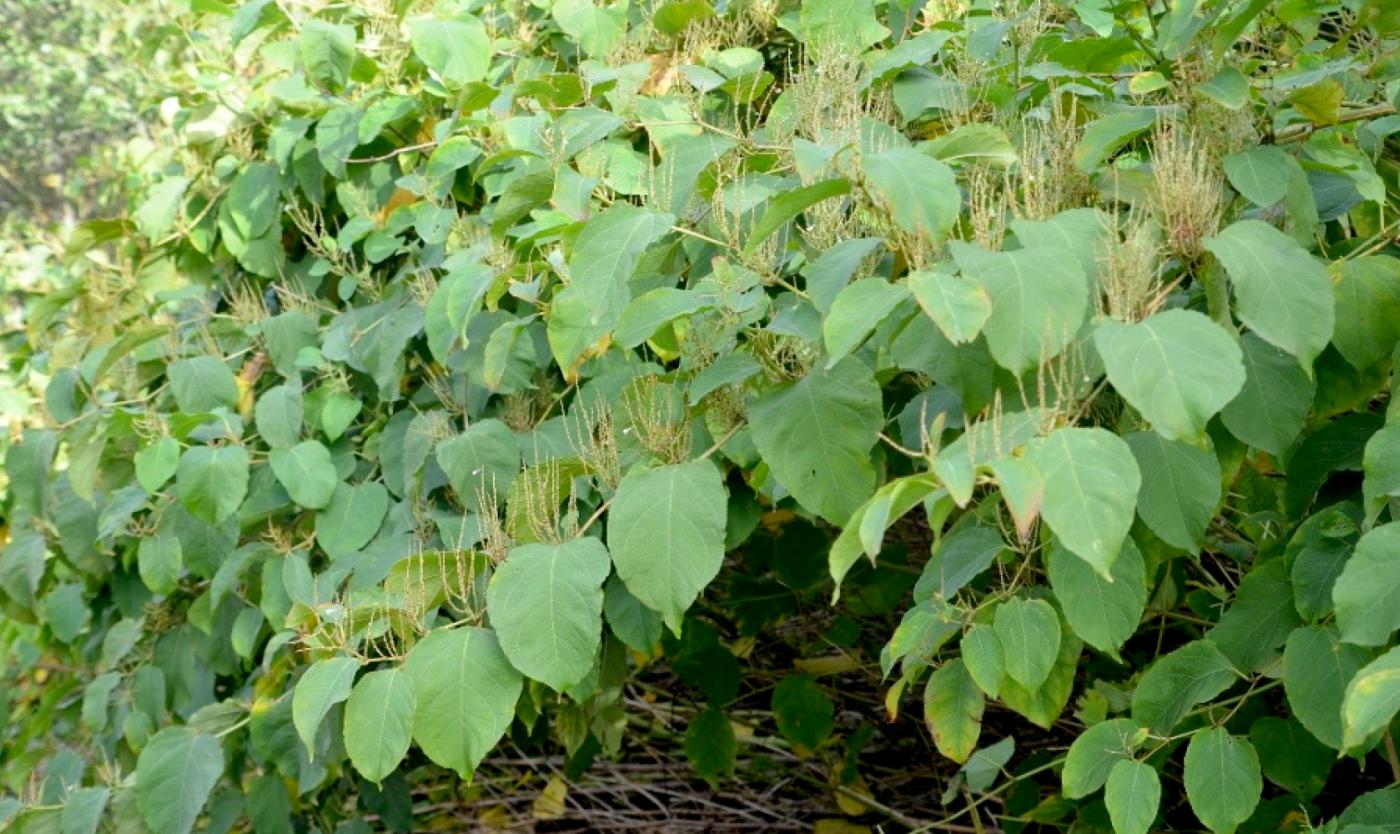An outdoor lab
Experiment: how does the ecosystem change when you add manure?
What are the consequences of extremely high nitrogen emissions in our region? The high concentration of livestock farms in combination with a dense network of busy roads results in the emission of nitrogenous substances such as ammonium and nitrogen oxides. Every year, some 20 to 40 kg/ha of atmospheric nitrogen is deposited on Flemish soil. This promotes the growth of a few dominant plant species, such as certain grass species, which in turn displace many endangered plants.

To analyse the consequences of this process, several plant communities have been moved to a lab, where they met with... manure. The manure that is added to the soil comes from herbivores such as rabbits, fallow deer and even the European bison. Through this experiment, scientists want to investigate the long-term effect on the composition and diversity of the vegetation: how does the ecosystem change when you add manure? In other experiments, nitrogen and/or phosphorus are added to the soil in a controlled manner.
Experiment: how quickly do herbs get overgrown?
Scientists are also carrying out long-term experiments in the field. For example, they are studying how quickly a test area sown only with herbs gets overgrown by grasses, and vice versa.


Experiment: how can we mislead mosquitoes?
In the water tanks, they are trying to find out how we can mislead mosquitoes so that they don’t come and lay new eggs there. One way of doing this is by using the scent of their natural enemies, such as fish and nepomorpha. When female mosquitoes go looking for a suitable place to lay eggs, the scent of these predators may put them off.
